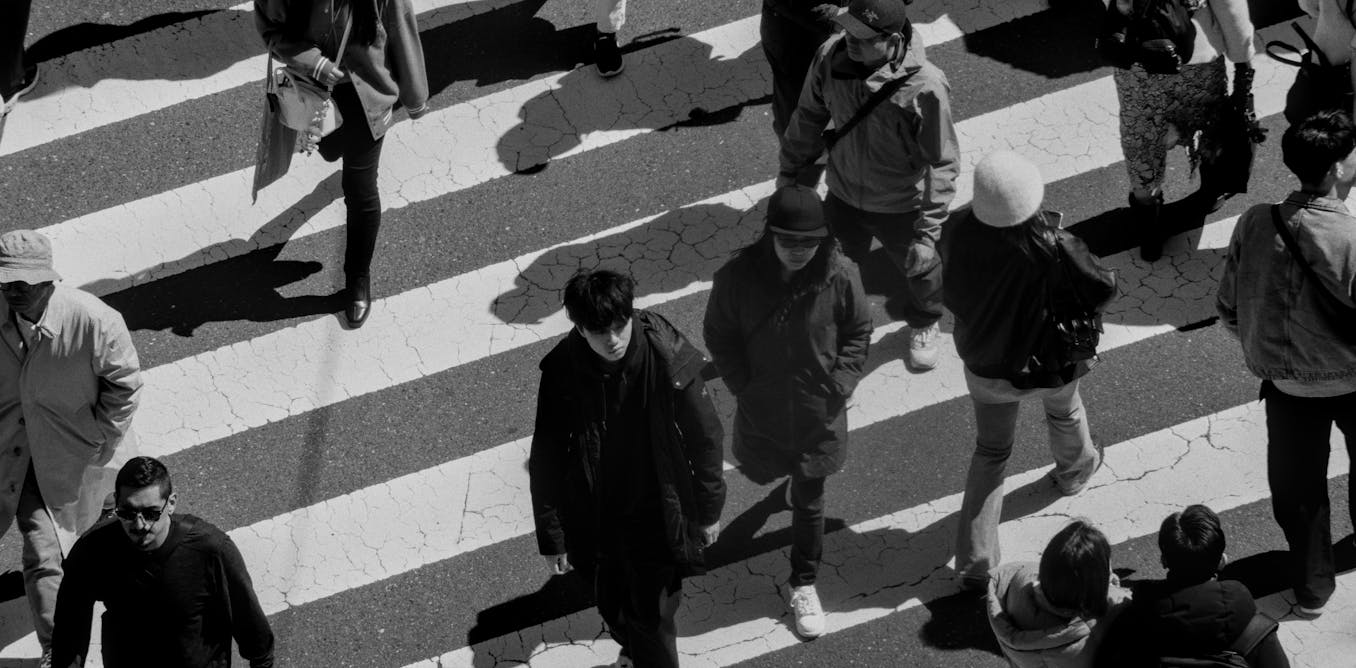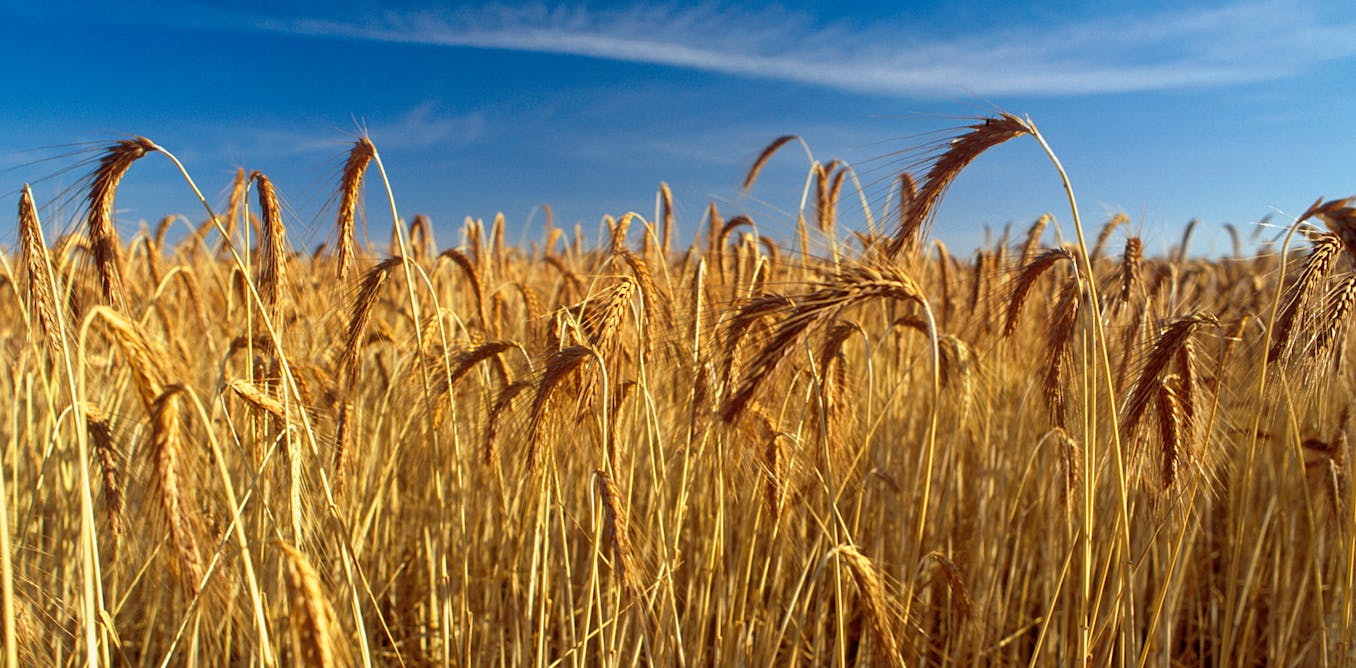Iran has elected a new president, former Health Minister Masoud Pezeshkian, in a highly anticipated election. However, despite hopes of reform and change, many experts believe that Pezeshkian will be unlikely to effect significant change in the country.
Pezeshkian received well over 2 million votes more than his closest rival, but critics argue that his background in the health sector may limit his ability to address the broader political and economic issues facing Iran. Additionally, many see him as a moderate candidate who may not be willing to challenge the status quo in the country.
Iran has faced numerous challenges in recent years, including economic sanctions, political unrest, and human rights abuses. While many Iranians are hoping for a new direction under Pezeshkian’s leadership, some fear that he may not have the political will or power to bring about meaningful change.
Despite these concerns, Pezeshkian’s election marks a significant moment in Iranian politics. The country’s complex political system and power dynamics will undoubtedly shape his presidency and the extent to which he is able to deliver on his promises of reform.
As the international community watches closely, it remains to be seen whether Iran’s new president will be able to navigate the challenges ahead and bring about the change that many Iranians are desperately seeking.
Watch the video by DW News
Video “Why Iran’s new reformist president will be unlikely to effect change | DW News” was uploaded on 07/06/2024 to Youtube Channel DW News





































